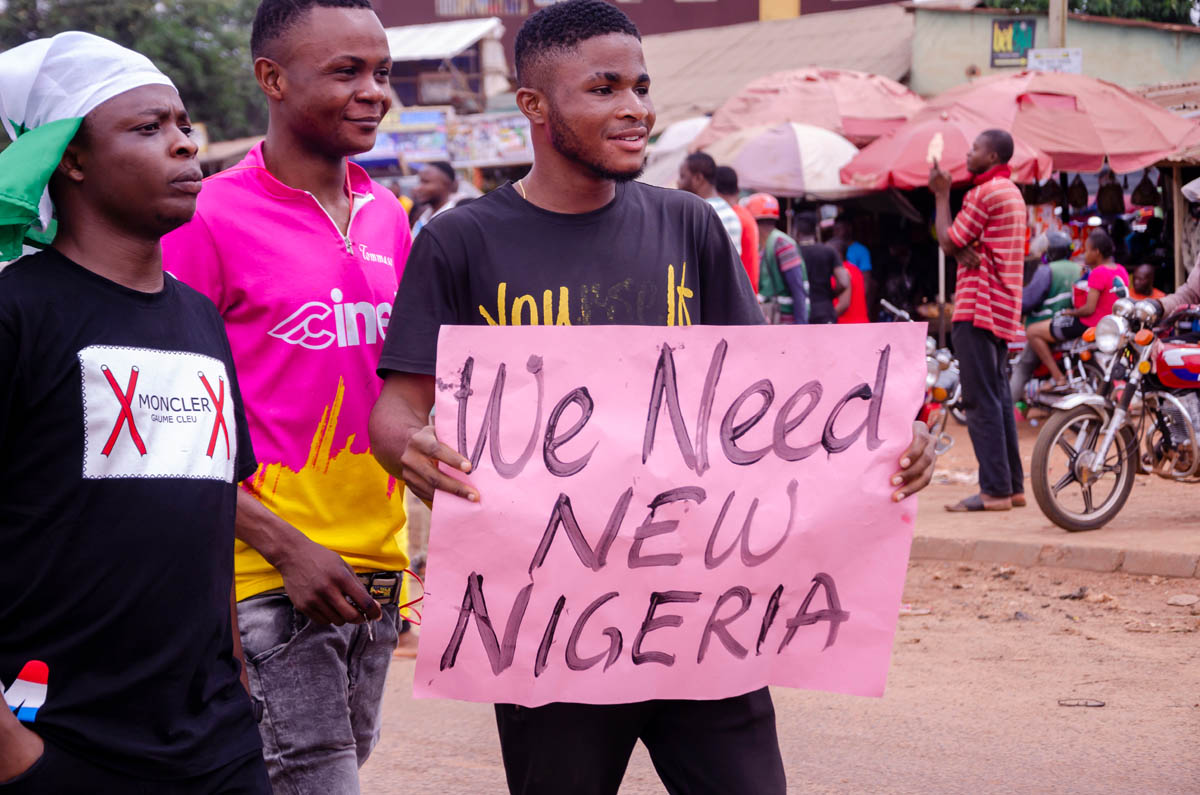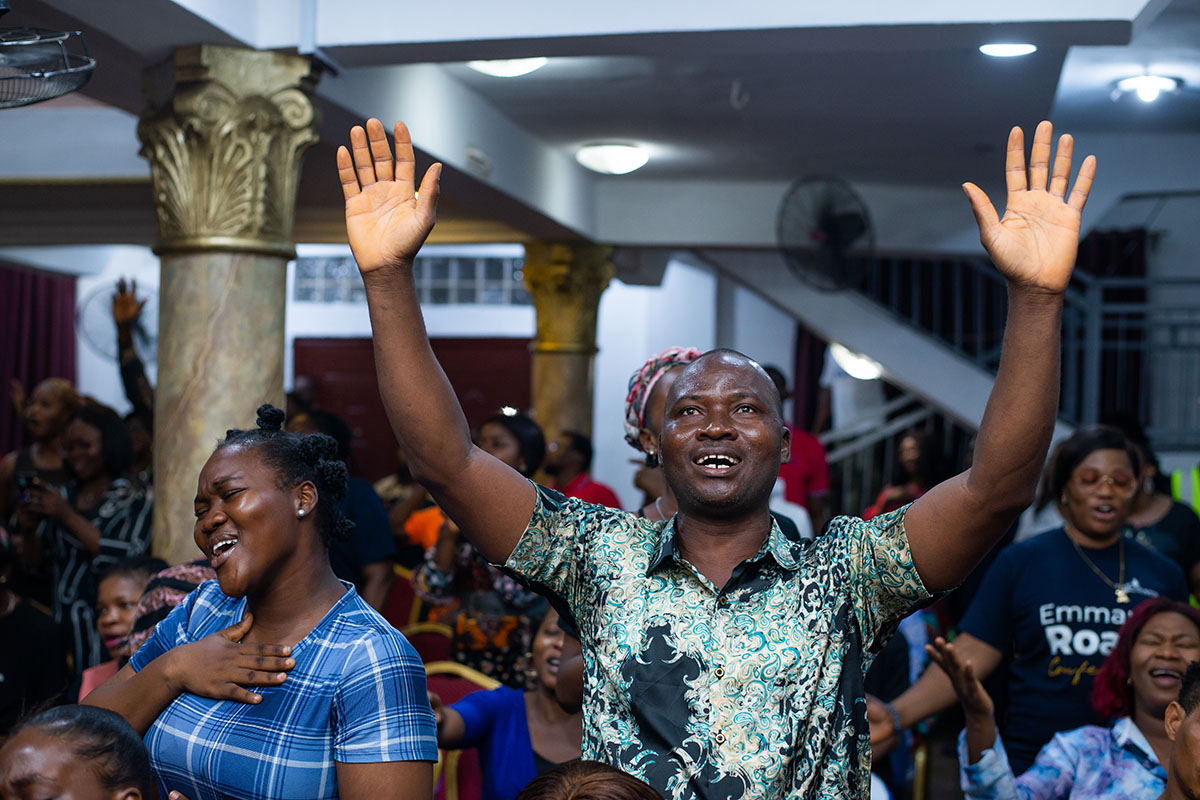The Role of Youth in Achieving Sustainable Peace in Nigeria
April 1by Victor Okechukwu Chimezie
Nigeria is known for having one of the largest populations of young people in the world, with a median age of 18.1 years. The youth population constitutes about 70 per cent of the entire Nigerian population, and approximately 42 per cent of this population is under the age of 15. This demographic characteristic has been recognized as an enormous asset for any society or nation, particularly when appropriately utilised.
Regrettably, Nigeria has not fully harnessed its energetic and youthful population, and as a result, has not recognized their interests or treated their challenges. This issue has created significant problems for the nation, especially insecurity and lack of employment. Consequently, young people in Nigeria have been used as instruments of violence and extremism, leading to hundreds of thousands of displaced individuals, negative impacts on the economy, and a hindrance to growth and development.
Furthermore, perpetrators of violence have been manipulating young people across political, ethnic, and religious lines, which has further divided the nation. Despite this challenge, the efforts of some young people to build peace and ethno-religious tolerance have not been recognized and supported by the government. This situation is consistent with the challenges young peacebuilders face across various parts of Africa.
To achieve sustainable peace, we must reach out more intentionally to young people in cities and communities with basic peacebuilding and tolerance skills.
To achieve sustainable peace, especially sustainable positive peace, which entails the presence of fairness and justice, we must reach out more intentionally to young people in cities and communities with basic peacebuilding and tolerance skills. It is critical to identify and support young peacebuilders working to build peace in their localities and the nation, providing consistent support in building peace. Doing this will help get more youths interested in and committed to peacebuilding and reduce the number of youths available to be used as instruments of violence.
In addition, the government must prioritise programs that provide employment for young people and eradicate poverty in the nation. This action will reduce the likelihood of youths engaging in negative activities and contribute to achieving sustainable peace in the country. An idle mind is the devil’s workshop, so providing opportunities for youths to contribute positively to society will go a long way in achieving sustainable peace in Nigeria.
In conclusion, recognizing the importance of youths in achieving sustainable peace in Nigeria is critical. Harnessing the energy and creativity of young people and providing opportunities for them to build peace and contribute positively to society will undoubtedly result in a more peaceful and prosperous nation.






